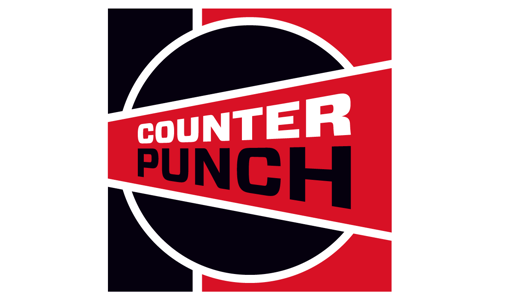In our August 19 Expose the Heist piece, I raised questions about the willingness of 401(k) plan sponsors to rush into private equity (PE) in the wake of President Trump’s executive order (EO), Democratizing Access to Alternative Assets. New evidence bolsters the argument that the order may not do what it intends to do anytime soon.
Trump’s EO directed the Department of Labor and the Securities and Exchange Commission to open the $9 trillion in workers’ 401(k) accounts to the private equity industry, money that industry believes could bail out struggling private equity funds. Access to workers’ nest eggs has long been the goal of the PE industry, and it has lobbied hard for this change. It is more important now than ever.
Private equity’s performance has been mediocre since the financial crisis and has deteriorated notably since mid-2022. The reason? PE funds failed to mark their portfolio companies to market when the S&P 500 fell 20 percent that year, saddling them with overvalued assets that have proved difficult to sell. At about the same time, the Federal Reserve raised interest rates from near zero to over 5 percent to fight the pandemic-related inflation. High interest rates have made it harder for the unsold portfolio companies to refinance their debts as they mature. The PE industry is looking to Trump’s EO to make workers’ retirement savings available to bail them out. This is a huge pool of capital that PE has had very little access to in the past.
But do the people who manage retirement plans want any part of it? Earlier this month, the Plan Sponsor Council of America (PSCA) put that question to its members, asking them if the president’s executive order had affected their thinking about adding private market investments to their retirement plans. Ninety members responded. The results, published September 19, indicate that the EO will likely disappoint the PE industry. In line with larger surveys, a little over 2 percent of poll respondents reported that they already offer plans that include private market investments. Just an additional 3 percent report they are considering it. Thirteen percent said they are unsure at this time, and 80 percent stated that they haven’t changed their minds and will not be offering private market investments in 401(k) and other employer-sponsored retirement savings plans.
There are plenty of reasons to explain their reticence. Private market investments typically carry high fees, and this could expose employers to being sued by their employees under the Employee Retirement Income Security Act (ERISA) for offering high-fee plans. While it was still below the 2020 peak for such cases, excessive fee cases brought against employers spiked in the second half of 2024.
Indeed, some respondents to the PSCA survey cited employers’ concerns about exposure to liability as fiduciaries if returns on these typically high fee investments fail to produce good returns. Comments included “We are not willing to take the fiduciary risk,” and “Introducing private market investments into our 401(k) plan would significantly increase the complexity of plan administration and potentially expose us to greater fiduciary liability.”
A second theme was the complexity of private market investments and the need for employee education. As one respondent put it, “We have enough offerings that confuse our employees already.”
The Department of Labor and the SEC have until February to respond to the President’s EO and provide reassurance to employers that their employees will not be able to sue them for offering plans that, in addition to their high fees, lack transparency, are illiquid and have limited opportunities for withdrawals, and – in the case of private equity investments – have underperformed the S&P 500 in recent years.
President Trump would like the DOL or SEC to take away workers’ right to sue their employer for investing their retirement savings in expensive and risky assets that do not belong in 401(k)s. In view of the guardrails ERISA provides to protect workers’ retirement savings, this will not be easy.
This first appeared on CEPR.
The post Private Equity and 401(k)s: Plan Administrators Still Not Ready to Dive In appeared first on CounterPunch.org.
From CounterPunch.org via this RSS feed


